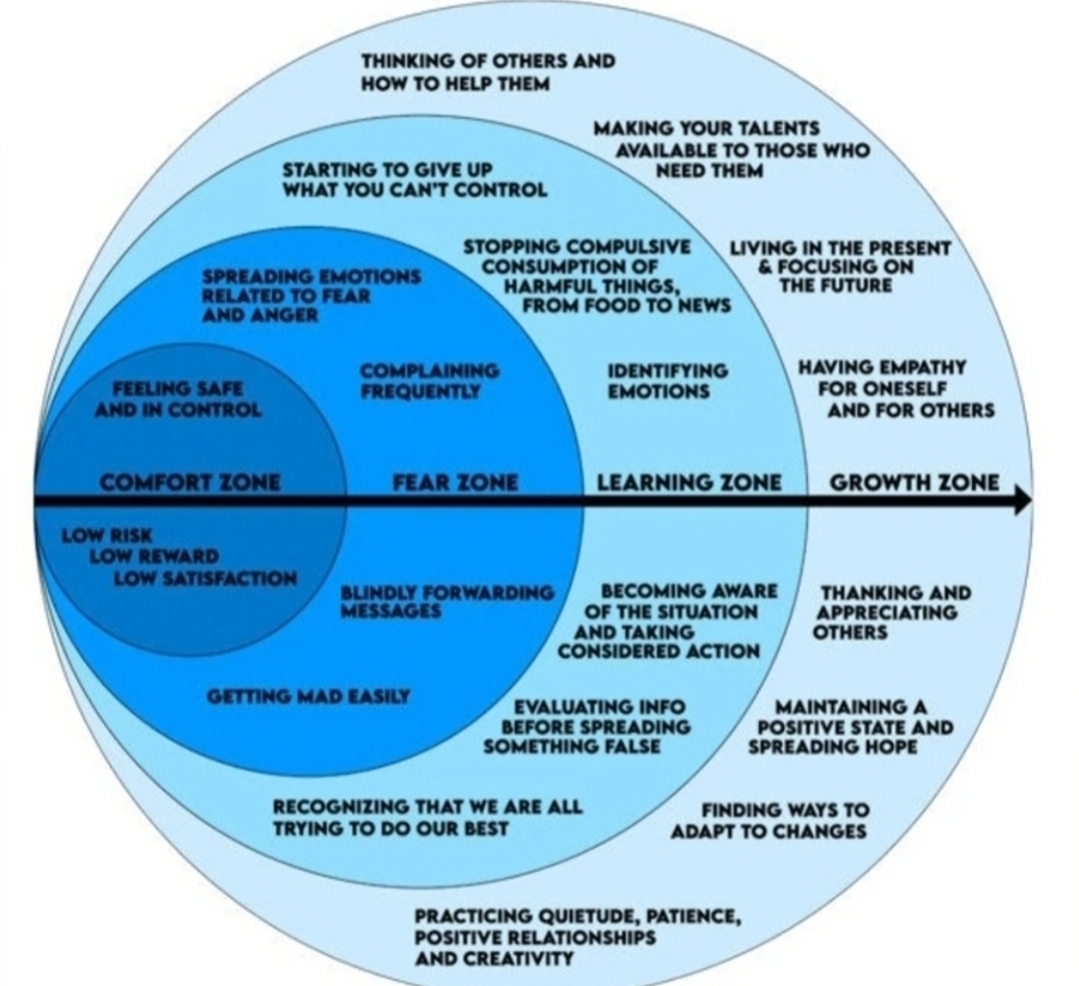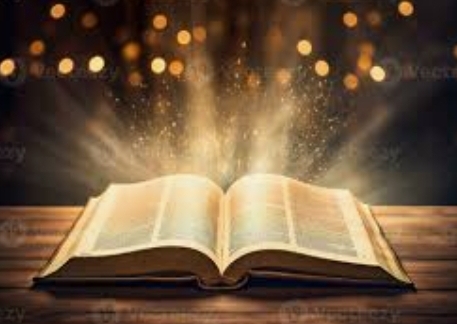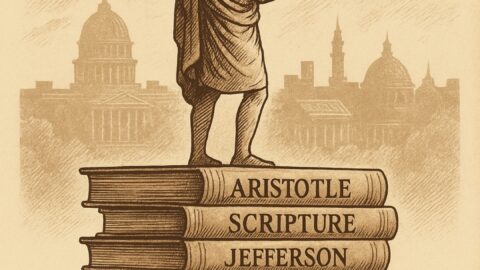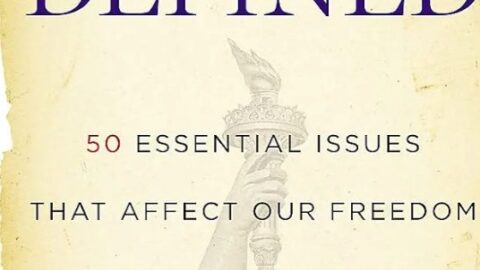The Scriptures are rich with stories of men and women who, despite living in toxic, corrupt, or oppressive cultures, choose to live virtuous lives. These individuals undertake a heroic journey, often marked by trials, transformation, and a divine mission, becoming transitional characters who break generational cycles of sin, inspire change, and lead others toward God. Let’s explore this concept in depth.
The Concept of the Hero’s Journey in Scripture
The hero’s journey, as outlined by Joseph Campbell, follows a universal pattern:
- The Call to Adventure: The hero is invited to step out of their comfort zone to face challenges and fulfill a purpose.
- Trials and Tribulations: The journey is marked by obstacles that test their faith and character.
- Transformation: Through these challenges, the hero grows spiritually and morally.
- Return and Impact: The hero returns to their community as a transitional figure, often transforming others through their example or mission.

In Scripture, this journey is guided by God’s voice, often through direct revelation, visions, or prophetic calls. These heroes live virtuously amidst moral decay, standing out as beacons of faith and integrity.
Transitional Characters: Breaking the Cycle
A transitional character is someone who breaks away from toxic patterns—whether in their family, culture, or society—and paves a new path rooted in faith and righteousness. These individuals often listen to God’s call and act as agents of transformation in their communities.
Examples of Heroic Journeys and Transitional Characters
Abraham (Genesis 12–25)
- Toxic Culture: Abraham lived in a polytheistic and idolatrous culture.
- Hero’s Journey: He heeded God’s call to leave his homeland and trust in a promise that seemed impossible: becoming the father of a great nation.
- Transformation: Through trials like waiting for Isaac and nearly sacrificing him, Abraham grew in faith and obedience.
- Transitional Impact: Abraham became the father of faith, breaking away from idolatry and establishing a covenantal relationship with God that would shape history.
Joseph (Genesis 37–50)
- Toxic Environment: Joseph faced betrayal by his brothers, slavery, and false accusations in Egypt.
- Hero’s Journey: Despite unjust suffering, he remained virtuous, interpreting dreams and trusting God’s plan.
- Transformation: His perseverance and integrity led him to become Pharaoh’s right-hand man.
- Transitional Impact: Joseph saved his family and Egypt from famine, transforming his relationship with his brothers and fulfilling God’s purpose.
Moses (Exodus)
- Toxic Culture: Moses was raised in Pharaoh’s palace, surrounded by oppression and idolatry.
- Hero’s Journey: Called by God through the burning bush, he led Israel out of slavery, confronting the most powerful ruler of the time.
- Transformation: Moses grew into a leader who depended on God for guidance, despite personal doubts and frustrations.
- Transitional Impact: He delivered the Israelites from bondage, received the Ten Commandments, and established a covenantal community.
Esther (Book of Esther)
- Toxic Culture: As a Jewish woman in Persia, Esther lived in a culture of political intrigue and anti-Semitism.
- Hero’s Journey: She risked her life by approaching the king to save her people from annihilation.
- Transformation: Through courage and faith, she embraced her role as God’s instrument.
- Transitional Impact: Esther’s bravery preserved the Jewish people and demonstrated how one person’s faithfulness can impact an entire nation.
Ruth (Book of Ruth)
- Toxic Environment: Ruth was a Moabite widow, living in a patriarchal society that marginalized women.
- Hero’s Journey: She chose loyalty to Naomi and faith in Naomi’s God, leaving her homeland for Israel.
- Transformation: Ruth’s faithfulness and hard work brought her into God’s redemptive plan.
- Transitional Impact: She became the great-grandmother of King David, entering the lineage of Christ.
Daniel (Book of Daniel)
- Toxic Culture: Daniel lived in Babylon, a pagan empire that sought to erase his Jewish identity.
- Hero’s Journey: Refusing to compromise his faith, Daniel faced the lion’s den and other challenges.
- Transformation: His unwavering devotion to God earned him divine protection and wisdom.
- Transitional Impact: Daniel influenced kings and demonstrated God’s power in a foreign land.
Characteristics of Scriptural Transitional Characters
These individuals share common traits:
- Faith in God: They trust God’s plan, even when it defies human logic.
- Moral Courage: They stand firm in their convictions, even when facing immense pressure.
- Resilience: They endure suffering and trials without losing hope.
- Influence: Their lives inspire change, breaking cycles of sin and leading others to God.
- Humility: They recognize that their strength comes from God, not themselves.
Relevance for Modern Readers
The stories of these heroes encourage us to:
- Listen to God’s Call: Like these figures, we are called to live virtuously and be agents of change.
- Stand Firm in a Toxic Culture: Whether it’s materialism, moral relativism, or injustice, we can choose righteousness.
- Break Cycles: We can break generational patterns of sin, addiction, or broken relationships through God’s guidance.
- Be Transitional Characters: By living faithfully, we can transform not only ourselves but also those around us.
Conclusion
The Scriptures are filled with examples of men and women who lived virtuous lives in toxic cultures, undertaking a heroic journey to become transitional characters. They demonstrate that listening to God, even in the face of adversity, enables us to break free from destructive patterns and pave the way for transformation—for ourselves, our families, and our communities.
Would you like to focus on a specific biblical hero or how to apply these lessons in today’s world?







